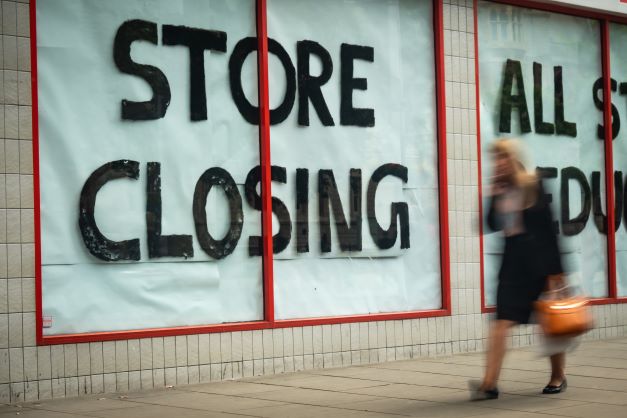A recession is a decline in economic activity in a country. It’s usually marked by rising levels of unemployment, lowered spending and real income falling. Periods of recession can be turbulent and stressful to deal with. Below, we explore the recession that’s predicted in the UK by the end of 2022 and how you can prepare for it.
Recession inbound
The Bank of England predicts that there’ll be recession in the UK later this year. While the Bank of England doesn’t think that there will be a technical recession (two consecutive quarters of negative growth) the effects will be similar. This has been driven by rampant inflation that’s set to reach a record high: in turn, inflation has been caused by soaring energy prices, successive lockdowns and a shortage of commodities following Russia’s invasion of Ukraine. What’s for sure is that the next 18 months will be difficult for families to navigate.
Who will be impacted most?
Low-income households will feel the impacts of recession the most. Electricity and gas prices rose by 54 per cent earlier in the year, while fuel and groceries have also increased massively in price due to inflation and scarcity. This makes it particularly difficult for families to afford the same commodities they used to enjoy before this year. As a result, living standards will fall dramatically during the recession.
Preparations
Think about where to cut back
To navigate this period, you’ll need to work out some areas where you can cut back your spending. Begin by setting up a budget: calculate your income each month and consider your usual outgoings – you should cut luxuries off your outgoings until your income is larger than your spending. Exploring deals can help you save money and cut your spending too. For instance, by using NHS volunteer discounts you can save money at plenty of outlets.
Build reserves
You should also try and save money in advance too. By putting some of your disposable income aside each month – ideally in a savings account – you’ll be able to give yourself a buffer in case you can’t make ends meet one month.
Pay off high-interest debt quickly
You should also pay off high-interest debt as soon as possible. Interest rates could rise during a recession, making repayments harder to manage. By paying off these debts, you can put yourself on solid ground ahead of some difficult months ahead.
When recession is predicted it fills much of the population with dread. But by following the advice above and preparing in advance, you should be set to mitigate the effects on you and your family.

